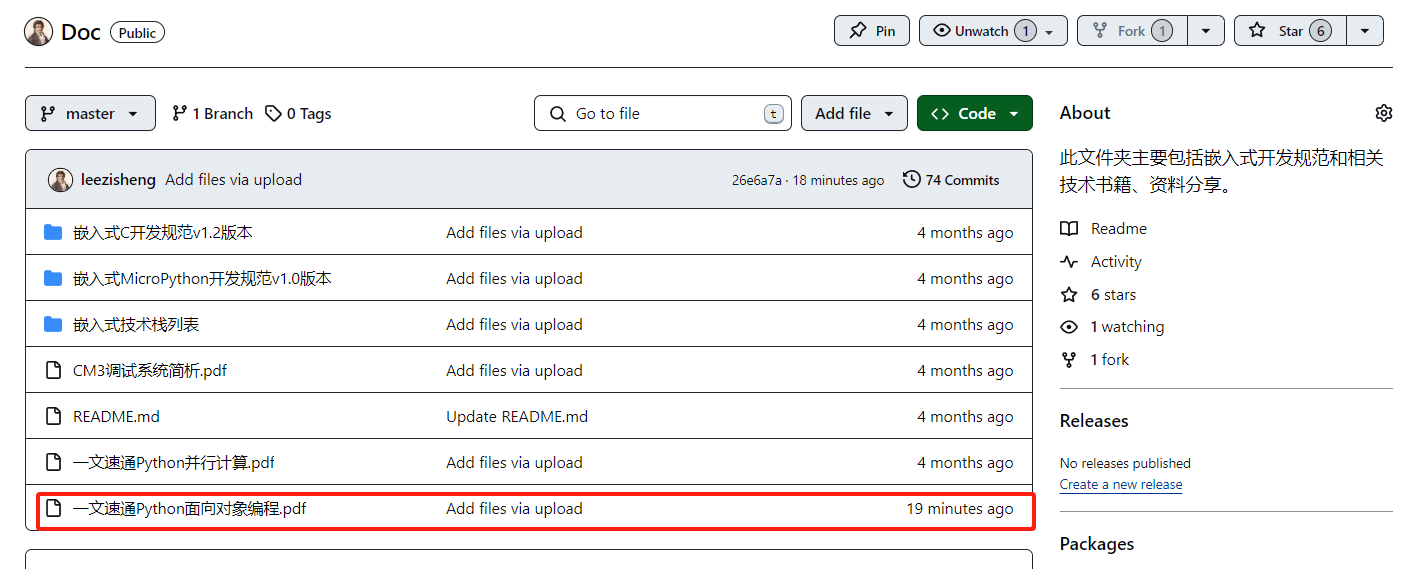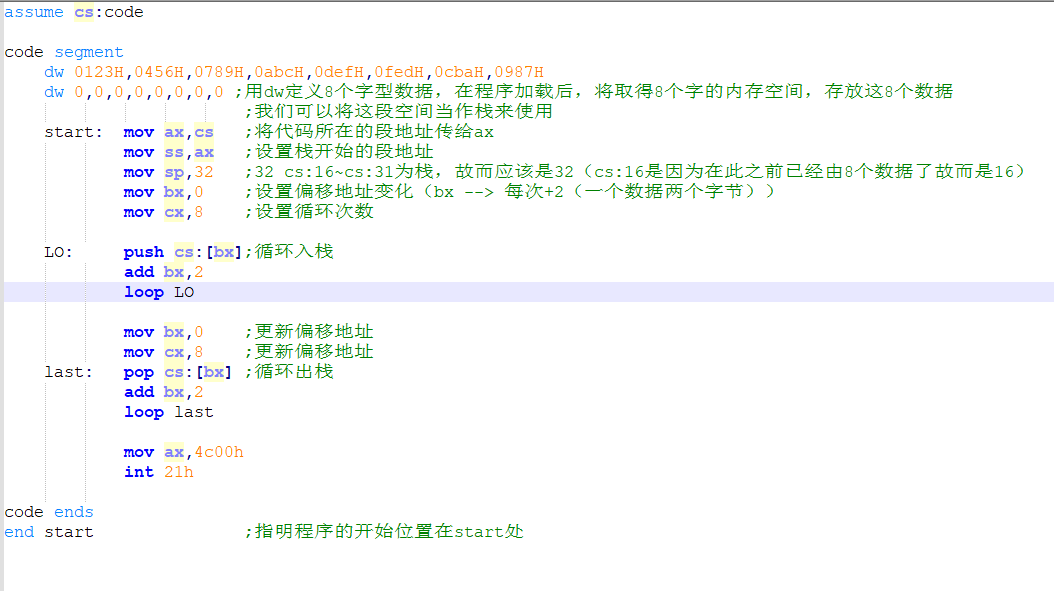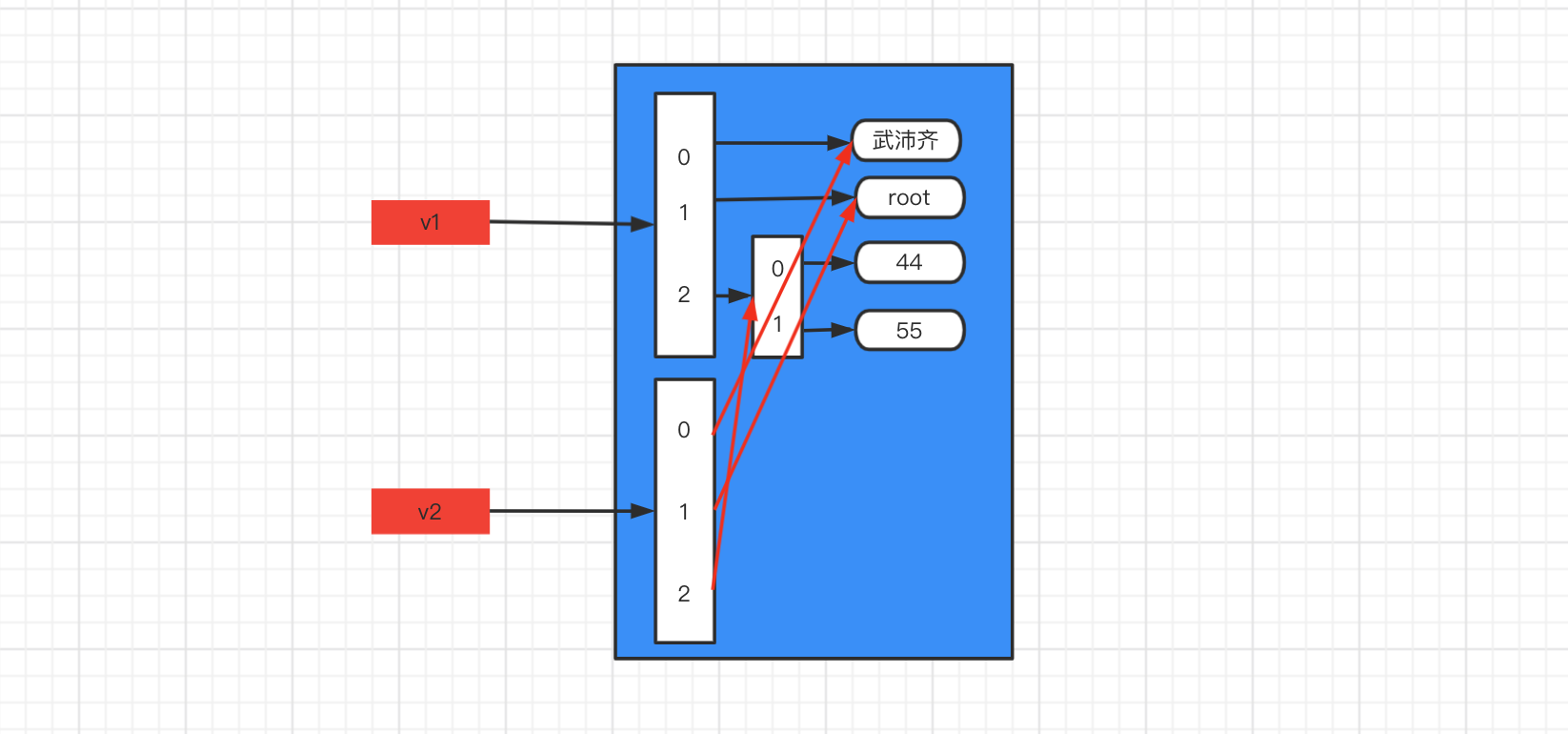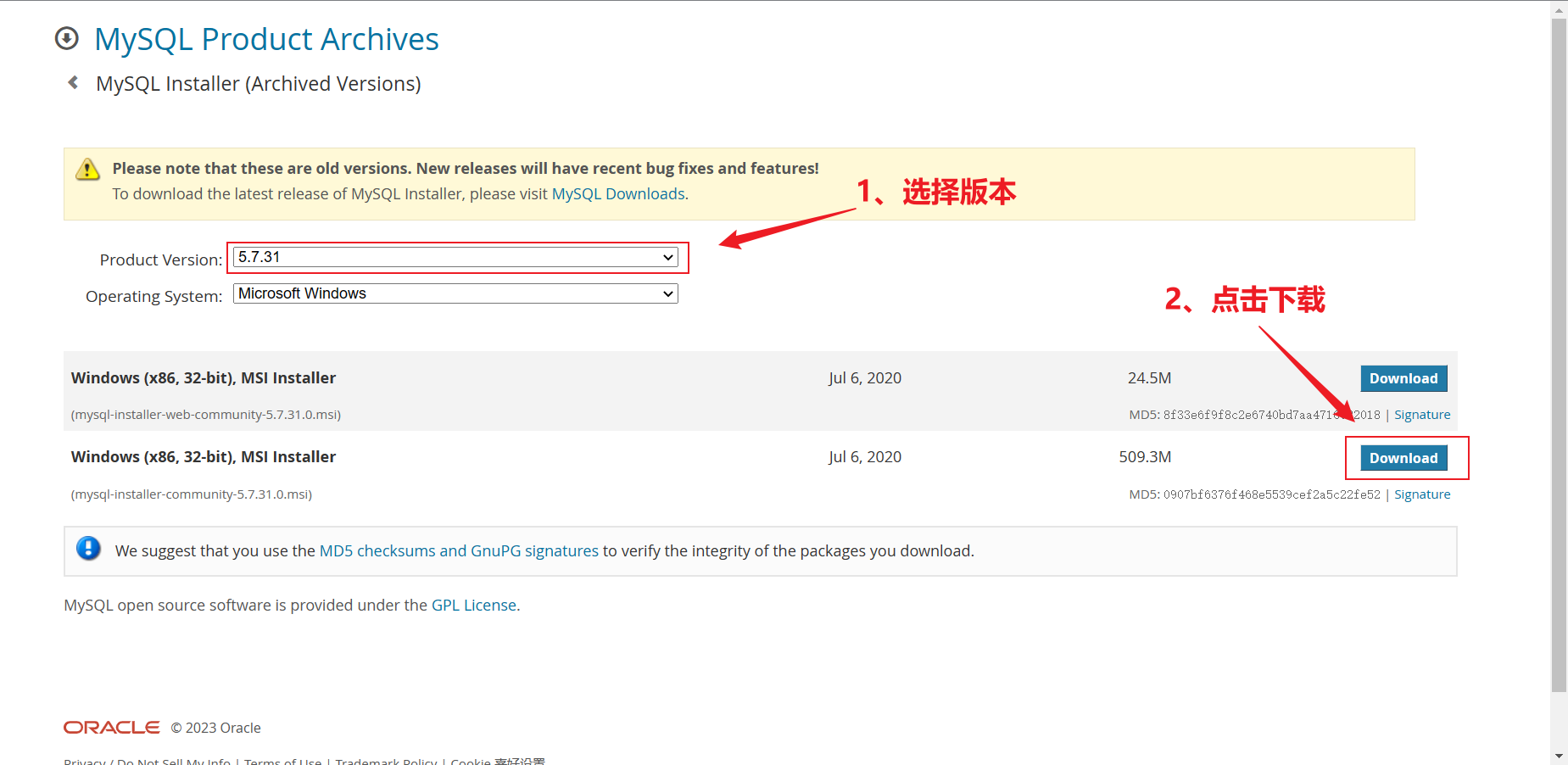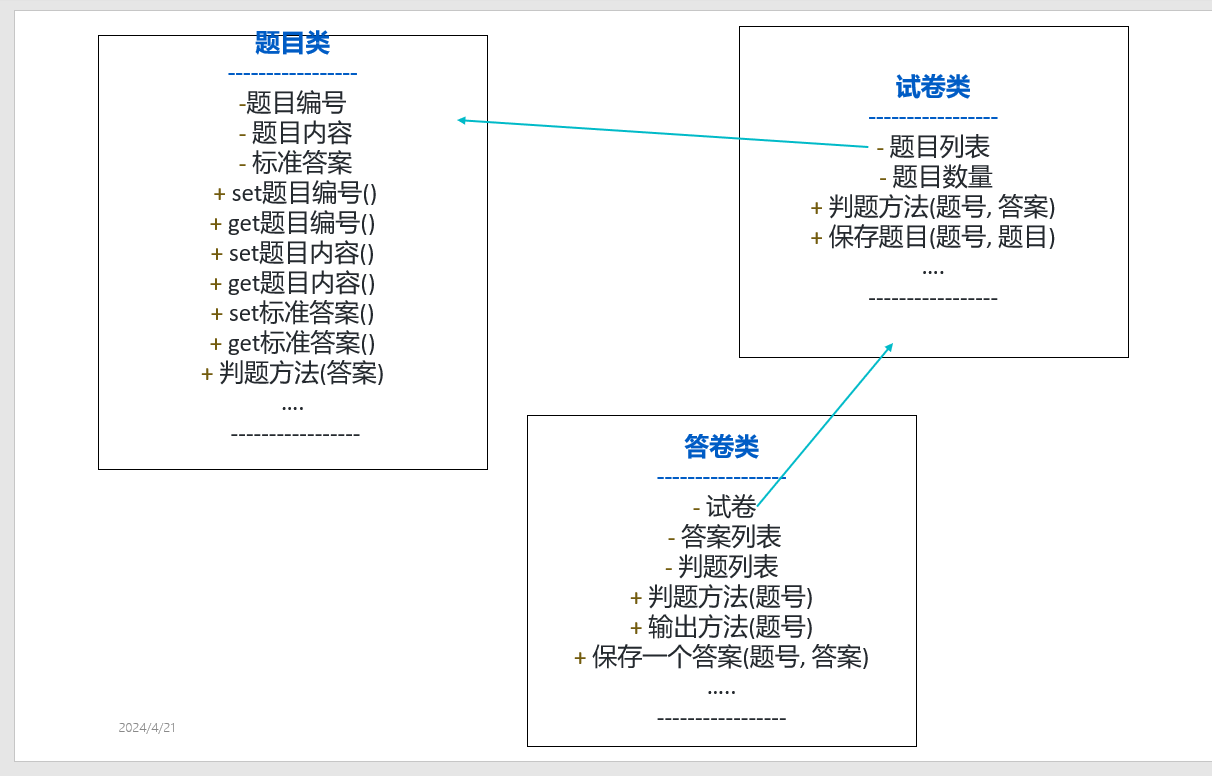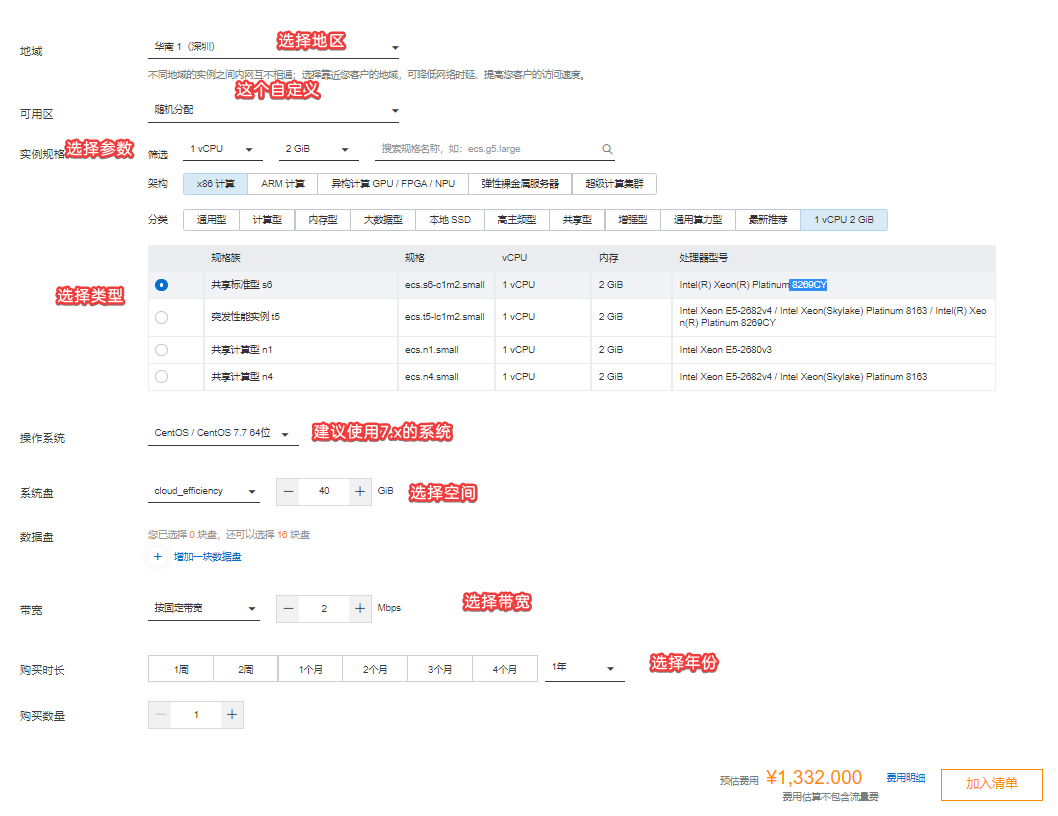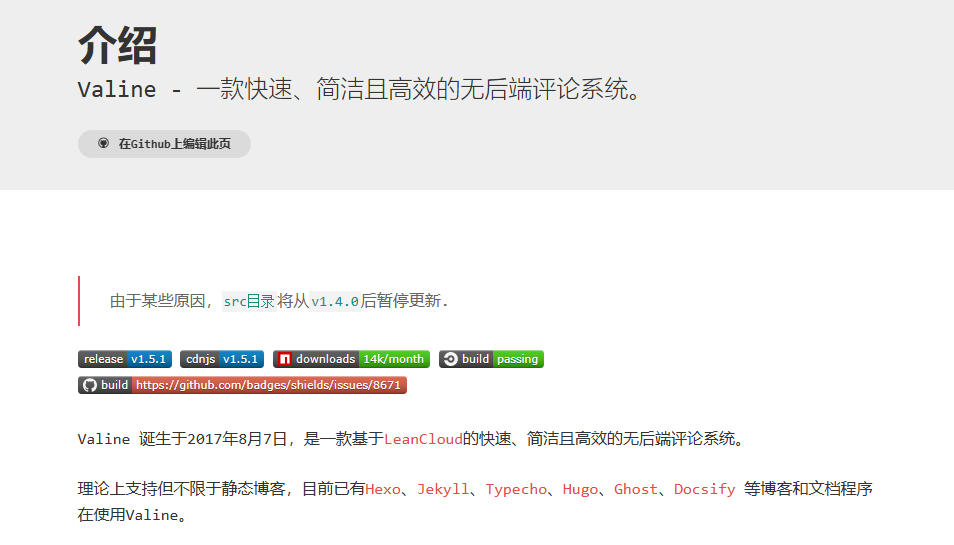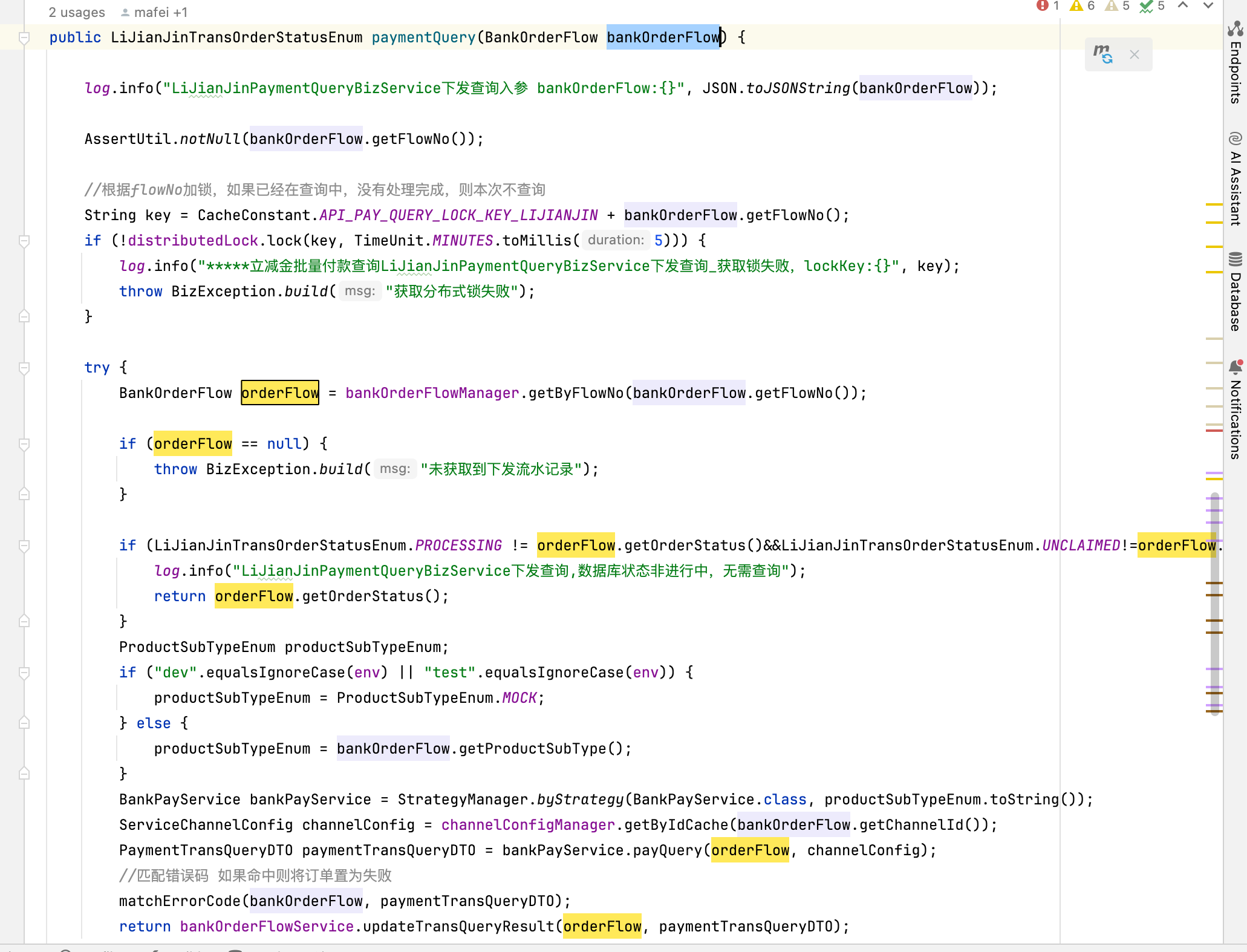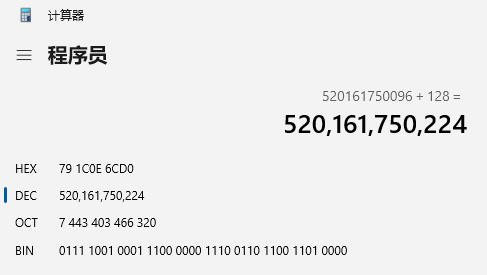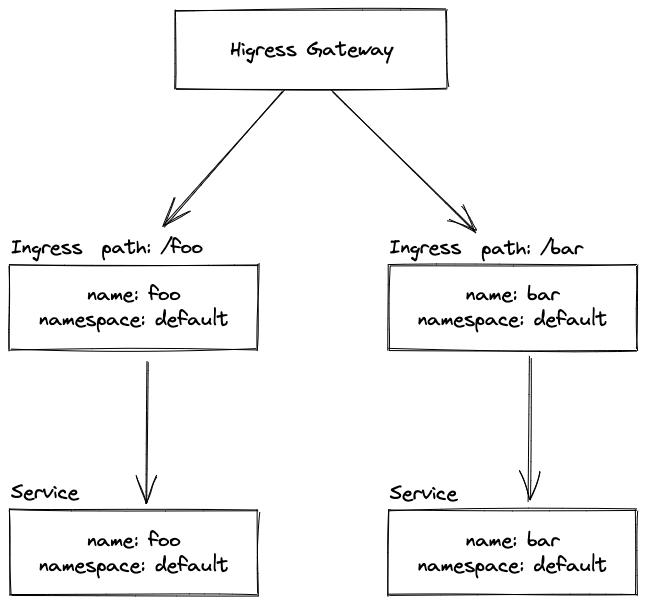源码位置: /Lib/zipfile.py/ZipFile/_extract_member/zipfile.py或者直接点击extract函数.
在使用python解压缩zip文件时, 由于需要在解压时重命名文件为我想要的格式, 而不巧的是, zipfile包官方源代码没有这个功能...
于是, 在百度之后, 果断放弃寻找现成代码的想法.
在研究了一下extract函数的原源代码后, 觉得可以加一个参数targetname用来指代重命名后的文件名, 而很巧的是, 这个新参数并没有在源代码中使用, 所以加入它没有影响.
Talk is easy, show you code~
代码展示
row 1618
def extract(self, member, path=None, pwd=None,targetname=None):
"""targetname : the name extracted rename to targetname
Extract a member from the archive to the current working directory,
using its full name. Its file information is extracted as accurately
as possible. `member' may be a filename or a ZipInfo object. You can
specify a different directory using `path'.
"""
if path is None:
path = os.getcwd()
else:
path = os.fspath(path)
return self._extract_member(member, path, pwd,targetname)
def extractall(self, path=None, members=None, pwd=None,targetname=None):
"""Extract all members from the archive to the current working
directory. `path' specifies a different directory to extract to.
`members' is optional and must be a subset of the list returned
by namelist().
"""
if members is None:
members = self.namelist()
if path is None:
path = os.getcwd()
else:
path = os.fspath(path)
for zipinfo in members:
self._extract_member(zipinfo, path, pwd,targetname)
row 1650
...
row 1665
def _extract_member(self, member, targetpath, pwd,targetname):
"""Extract the ZipInfo object 'member' to a physical
file on the path targetpath.
"""
if not isinstance(member, ZipInfo):
member = self.getinfo(member)
# build the destination pathname, replacing
# forward slashes to platform specific separators.
arcname = member.filename.replace('/', os.path.sep)
if os.path.altsep:
arcname = arcname.replace(os.path.altsep, os.path.sep)
# interpret absolute pathname as relative, remove drive letter or
# UNC path, redundant separators, "." and ".." components.
arcname = os.path.splitdrive(arcname)[1]
invalid_path_parts = ('', os.path.curdir, os.path.pardir)
arcname = os.path.sep.join(x for x in arcname.split(os.path.sep)
if x not in invalid_path_parts)
if os.path.sep == '\\':
# filter illegal characters on Windows
arcname = self._sanitize_windows_name(arcname, os.path.sep)
if targetname is None:
targetpath = os.path.join(targetpath, arcname)
targetpath = os.path.normpath(targetpath)
else:
targetpath = os.path.normpath(targetpath)
# Create all upper directories if necessary.
upperdirs = os.path.dirname(targetpath)
if upperdirs and not os.path.exists(upperdirs):
os.makedirs(upperdirs)
if member.is_dir():
if not os.path.isdir(targetpath):
os.mkdir(targetpath)
return targetpath
if targetname is None:
with self.open(member, pwd=pwd) as source, \
open(targetpath, "wb") as target:
shutil.copyfileobj(source, target)
else:
with self.open(member, pwd=pwd) as source, \
open(targetpath+"/"+targetname, "wb") as target:
shutil.copyfileobj(source, target)
return targetpath
row 1713
用法
可以直接粘贴到自己的源码中, 如果担心出现其他bug, 可以用完就重装zipfile.
调用extract时传入三个参数: 压缩包名称, 目标目录, 目标名称(重命名后的名字, 如果为None则默认原命名)

